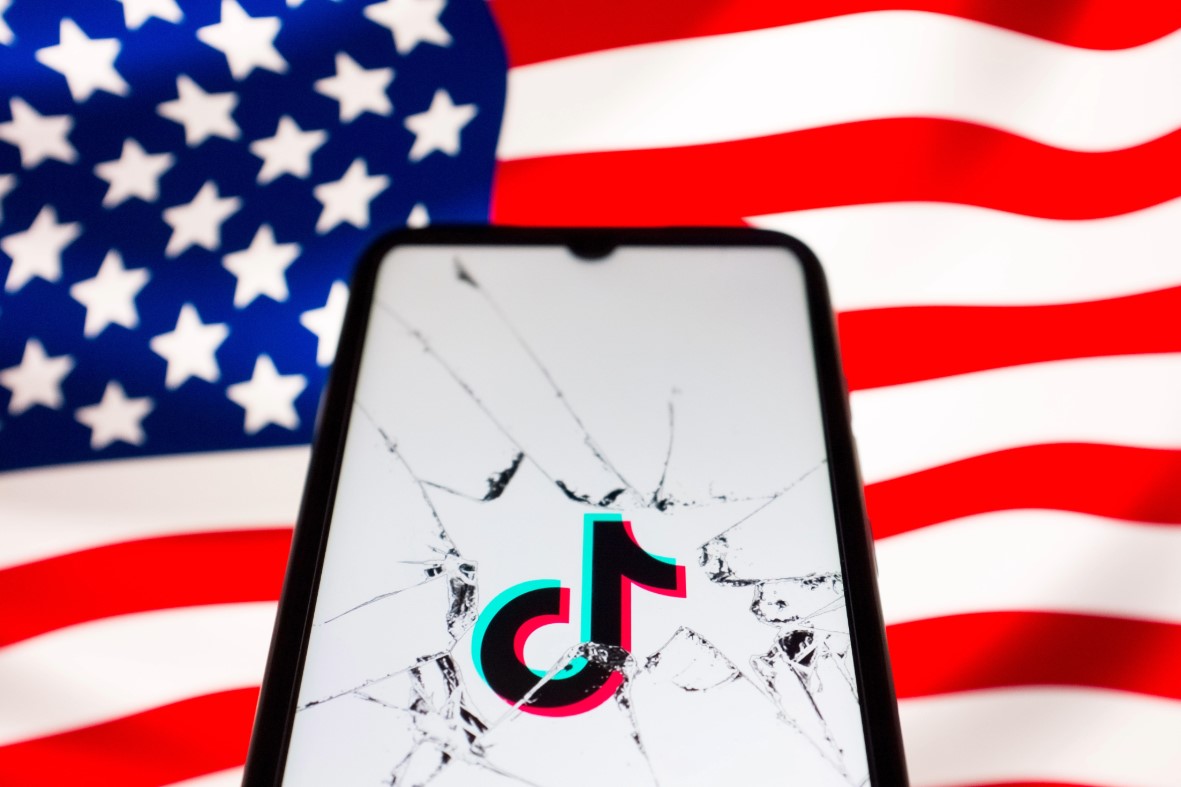TikTok escalated its confrontation with the Biden administration on Thursday, challenging a law that could potentially ban the widely-used app from the United States. In a detailed court filing, TikTok argued that American users could find themselves isolated on an “island” of content disconnected from the global community if the platform is compelled to change ownership.
The legal document unveiled, for the first time, the text of a draft agreement between TikTok and the U.S. government. This agreement, according to TikTok, would have mitigated national security concerns without resorting to legislation that the company contends infringes on First Amendment rights.
This filing marks TikTok’s initial move in a critical legal battle that not only threatens the future of an app utilized by 170 million Americans but also raises significant questions about the interpretation of the First Amendment in the context of online speech. The Justice Department has declined to comment on the matter.
TikTok has firmly maintained that a divestiture by its Chinese parent company, ByteDance, is impractical—technologically, commercially, and legally. Moreover, this divestiture would be infeasible before the January 2025 deadline stipulated by the law signed by President Joe Biden in April.
“Even if divestiture were achievable, TikTok in the United States would be reduced to a mere shell, devoid of the innovative and expressive technology that customizes content for each user,” the company stated in its brief. “This would also result in the isolation of American users, hindering their ability to exchange views with the global TikTok community.”
TikTok argued that the contested law bans the data-sharing agreements necessary for displaying international content to U.S. users, effectively creating a digital isolation.
This argument is echoed by TikTok content creators who, in a related legal brief, claimed that the law would infringe upon their ability to choose their platforms of expression and violate their First Amendment right to receive speech from others. This group includes a diverse array of creators, such as a football coach, a sexual assault survivor advocate, and a U.S. Air Force veteran.
Central to TikTok’s case is the draft agreement with the Committee on Foreign Investment in the United States (CFIUS), a multi-agency panel responsible for reviewing the national security implications of foreign investments. TikTok argued that this agreement provided a less restrictive solution to the government’s security concerns, bypassing the need for a potential ban or forced divestiture.
The filing detailed how the proposed agreement, despite extensive negotiations and numerous meetings with U.S. officials, was never finalized. TikTok reported that in March 2023, after months of silence from CFIUS, they were abruptly informed that “senior government officials” demanded divestment without clarifying why the agreement was deemed inadequate. Subsequent requests by TikTok for meetings with senior officials went unanswered.
For years, U.S. officials have expressed concerns that the Chinese government could access TikTok user data through ByteDance. While the Trump administration’s attempt to ban TikTok via executive order was blocked by legal challenges, Biden’s recent legislation revived the debate. Interestingly, Trump later reversed his stance, suggesting that a ban would only benefit TikTok’s competitor, Meta.
Cybersecurity experts acknowledge the theoretical risk posed by Chinese laws but note that China can acquire similar data through other means, such as purchasing it from the open market. Notably, U.S. officials have not publicly provided evidence of China accessing TikTok user data. However, they caution that such data could be used for propaganda or intelligence purposes, and Congress has received classified briefings on the app’s potential risks.
TikTok has consistently denied providing user data to the Chinese government and criticized the congressional briefings as part of a flawed and rushed legislative process.
In an extensive appendix to its brief, TikTok included the full 103-page draft agreement, known as Project Texas. This plan aims to segregate U.S. user data from TikTok’s global operations and includes provisions for U.S. government oversight, such as the ability to temporarily halt or shut down the app if compliance issues arise.
TikTok reported spending $2 billion to voluntarily implement Project Texas to date. Additionally, a signed declaration from Christopher Simkins, a third-party expert and former CFIUS official, endorsed the draft agreement as robust and capable of reducing TikTok’s national security risks to a “LOW level.”
As the legal proceedings unfold, the outcome will not only shape the future of TikTok in the United States but could also set a precedent for the regulation of digital platforms and the balance between national security and free speech.







